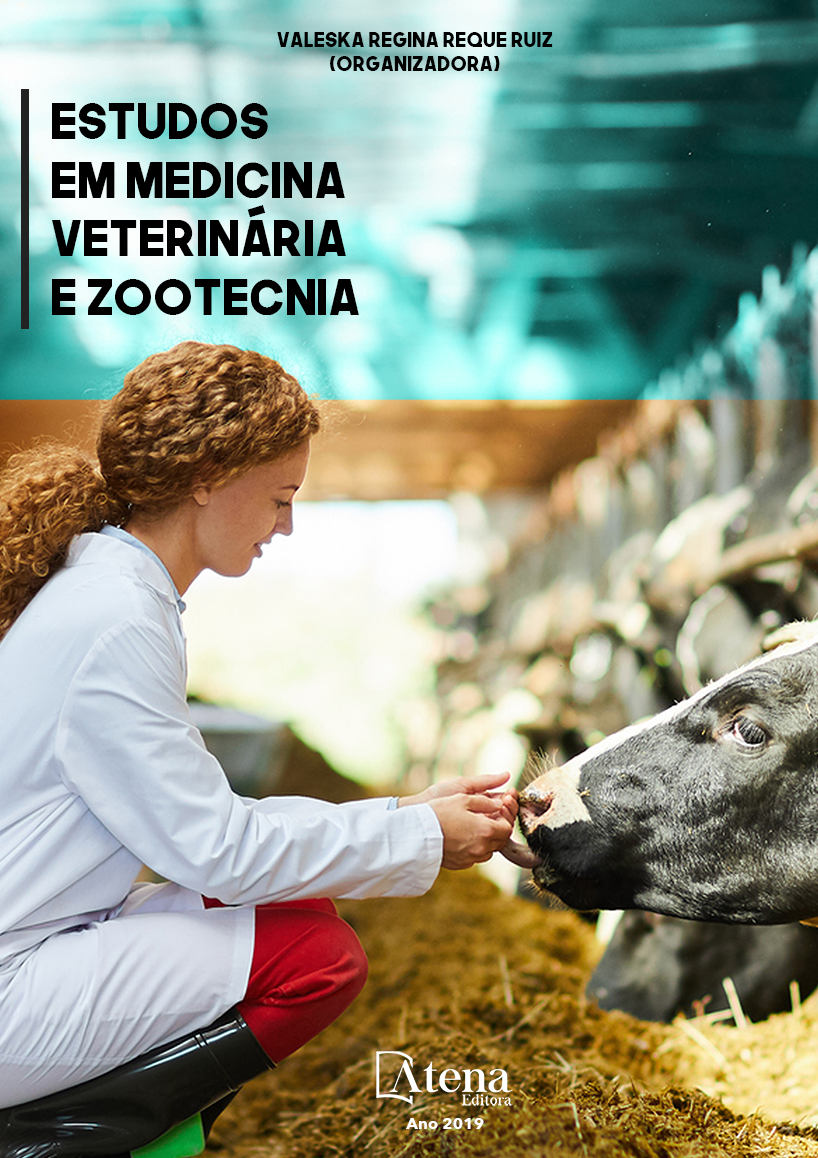
CONSIDERAÇÕES SOBRE MATRIZ CURRICULAR E DO PROJETO POLÍTICO PEDAGÓGICO (PPP) DO CURSO DE GRADUAÇÃO EM ZOOTECNIA DA FZEA/USP EM FUNÇÃO DAS DEMANDAS DO MERCADO DE TRABALHO
O mercado de trabalho no
agronegócio brasileiro está cada vez mais
exigente, principalmente no tocante à
qualificação dos profissionais contratados,
uma vez que a evolução deste segmento
tem sido evidente nas últimas décadas em
nosso país, com conquistas importantes
nos mercados interno e externo. Imagina-se
que a formação de zootecnistas deva estar
diretamente ligada ao mercado de trabalho do
agronegócio, voltada para a atuação em todos
os elos desta cadeia produtiva. Concluiu-se
que as mudanças curriculares implementadas
no curso da FZEA/USP para os ingressantes
a partir de 2014 possibilitaram uma maior diversificação na formação dos estudantes,
tanto pela possibilidade de cursar um número
maior de disciplinas optativas, customizando
a formação do profissional, bem como pela
obrigatoriedade de realização de atividades de
complementação do conhecimento (Disciplinas
de Formação complementar em Zootecnia)
CONSIDERAÇÕES SOBRE MATRIZ CURRICULAR E DO PROJETO POLÍTICO PEDAGÓGICO (PPP) DO CURSO DE GRADUAÇÃO EM ZOOTECNIA DA FZEA/USP EM FUNÇÃO DAS DEMANDAS DO MERCADO DE TRABALHO
-
DOI: 10.22533/at.ed.53819240531
-
Palavras-chave: mercado de trabalho; projeto político pedagógico; matriz curricular; diretrizes curriculares.
-
Keywords: labor market; political pedagogical project; curriculum; curricular guidelines.
-
Abstract:
The labor market in the Brazilian
agribusiness is increasingly demanding,
especially regarding the qualification of the
contracted professionals, since the evolution of
this segment has been evident in the last decades
in our country, with important achievements in the
internal and external markets. It is believed that
the training of Zootecnicians should be directly
linked to the labor market of agribusiness,
geared to acting in all the links of this productive
chain. Since USP is one of the Higher Education
Institutions in Brazil, it is necessary to constantly
verify the result of the teaching of this IES with the generation of skilled labor in this market. It was concluded that the curricular changes
implemented in the course of the FZEA / USP for the students starting in 2014 allowed
for a greater diversification in the students’ training, both for the possibility of attending
a greater number of optional subjects, to customize the training of the professional, as
well as by the obligation to carry out complementary activities of knowledge (Disciplines
of Complementary Training in Animal Science).
-
Número de páginas: 15
- Renata Lima Zuccherelli de Oliveira
- Célia Regina Orlandelli Carrer
- Celso da Costa Carrer


